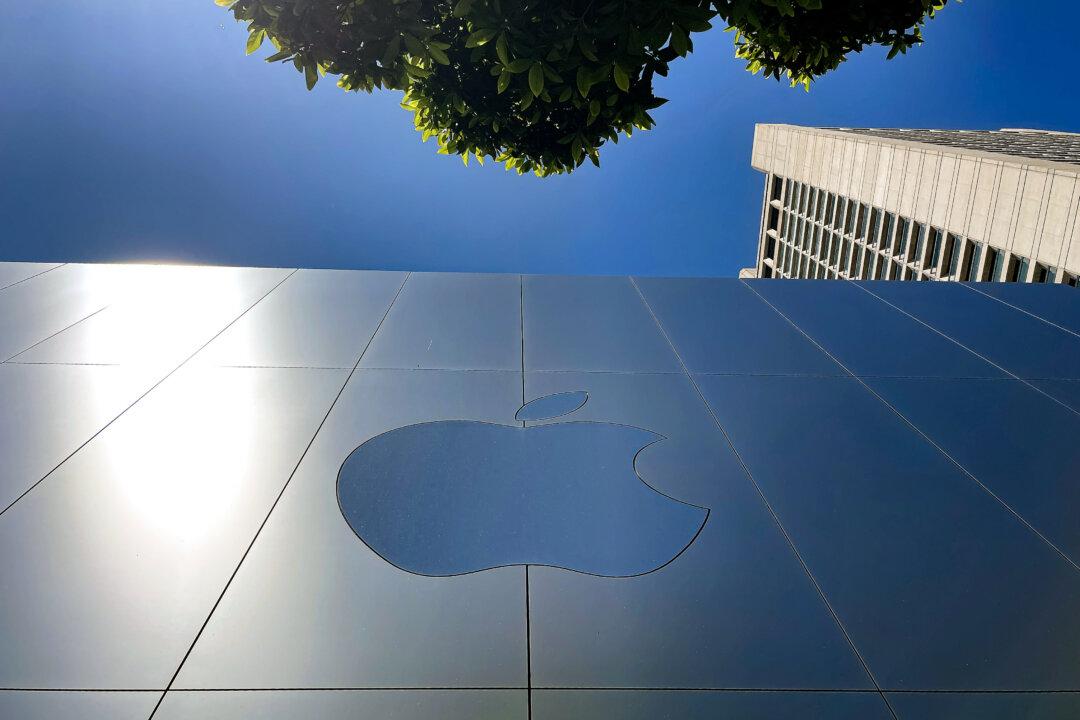A former Apple Inc. engineer has been sentenced by a California federal judge to 120 days in prison for stealing self-driving car technology before attempting to flee to China.
On Feb. 13, U.S. District Judge Edward Davila of the U.S. District Court for the Northern District of California handed down the final decision, recommending that Zhang Xiaolang serve his jail term in a “minimum-security camp-type facility as close as possible to San Jose, California,” where his family lives. Further, “the Court finds that family visitation enhances rehabilitation.”




